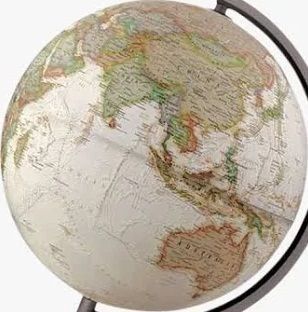


And when you are done looking at this site for the Scots input on football world-wide, here are two more.
For those who literally want to trace on the ground the local development of Scots and Scottish football in our own and other countries there is the newly available and ever-expanding site of:
The Scots Football Historians' Group
And on Scottish sports history in general but inevitably including fitba', see Andy Mitchell's inestimable:


All written content on this page is the copyright of Iain Campbell Whittle 2018, 2019, 2020, 2021, 2022, 2023, 2024 & 2025.
If you individually or as an organisation of any type whatsoever wish to use any of the content of this site for any purpose, be sure to contact me PRIOR to doing so to discuss terms, which will be in the form of an agreed donation or donations to our Honesty Box above, The Scots Football Historians' Group or one or more of its appeals.